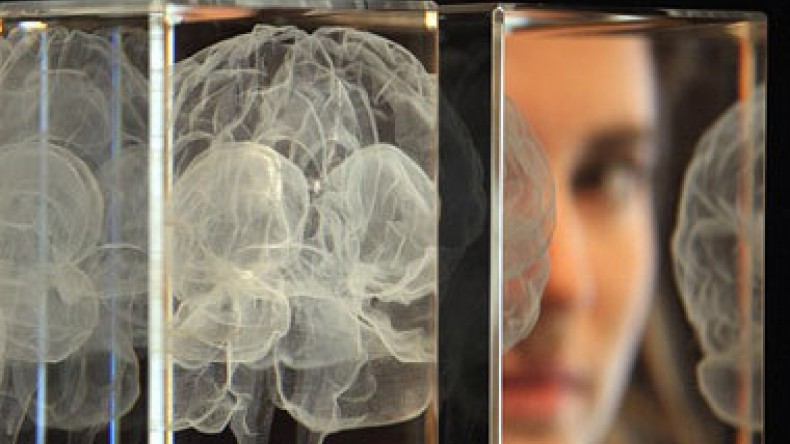
'Smart gene' associated with better aging and cognitive function in one in five people
One in five people carry a 'smart gene' variant linked to long lifespan, bigger forebrains and enhanced mental ability, researchers have found.
Scientists found people who carry the gene have larger volumes in a front part of the brain involved in planning and decision-making, the Daily Mail reports.
They say the find could have major implications for sufferers of Alzheimer's and other forms of dementia.
It follows the previous discovery that middle-aged and older people who have a single copy of the gene variant performed better in a wide range of mental tests.
'We've known for a long time that people lose cognitive abilities as they age, but now we're beginning to understand that factors like klotho can give people a boost and confer resilience in aging,' said senior author Dena Dubal of UCSF.
'Genetic variation in KLOTHO could help us predict brain health and find ways to protect people from the devastating diseases that happen to us as we grow old, like Alzheimer's and other dementias.'
The KLOTHO gene codes for a protein found in the kidney and brain that regulates many different body processes.
About one in five people carry a single copy of the variant, known as KL-VS, that boosts levels of the protein and is associated with longer lifespan and improved heart and kidney function.
A small minority, 3% of the population, has two copies, which is linked to a shorter lifespan.
In the new study scientists scanned the brains of 422 men and women aged 53 and over who were also tested for the KLOTHO gene.
They found that participants with a single copy of the gene variant also had a larger brain region known as the right dorsolateral prefrontal cortex (rDLPFC), which is especially susceptible to shrinkage with age.
Loss of neurons in this area may be one reason why older people are sometimes easily distracted and find it difficult to multitask.
The size of the rDLPFC predicted how well the study volunteers performed in tests such as working memory - the ability to hold onto newly acquired information - and processing speed.
The results appear in the journal Annals of Clinical and Translational Neurology.
Newsfeed
Videos






























